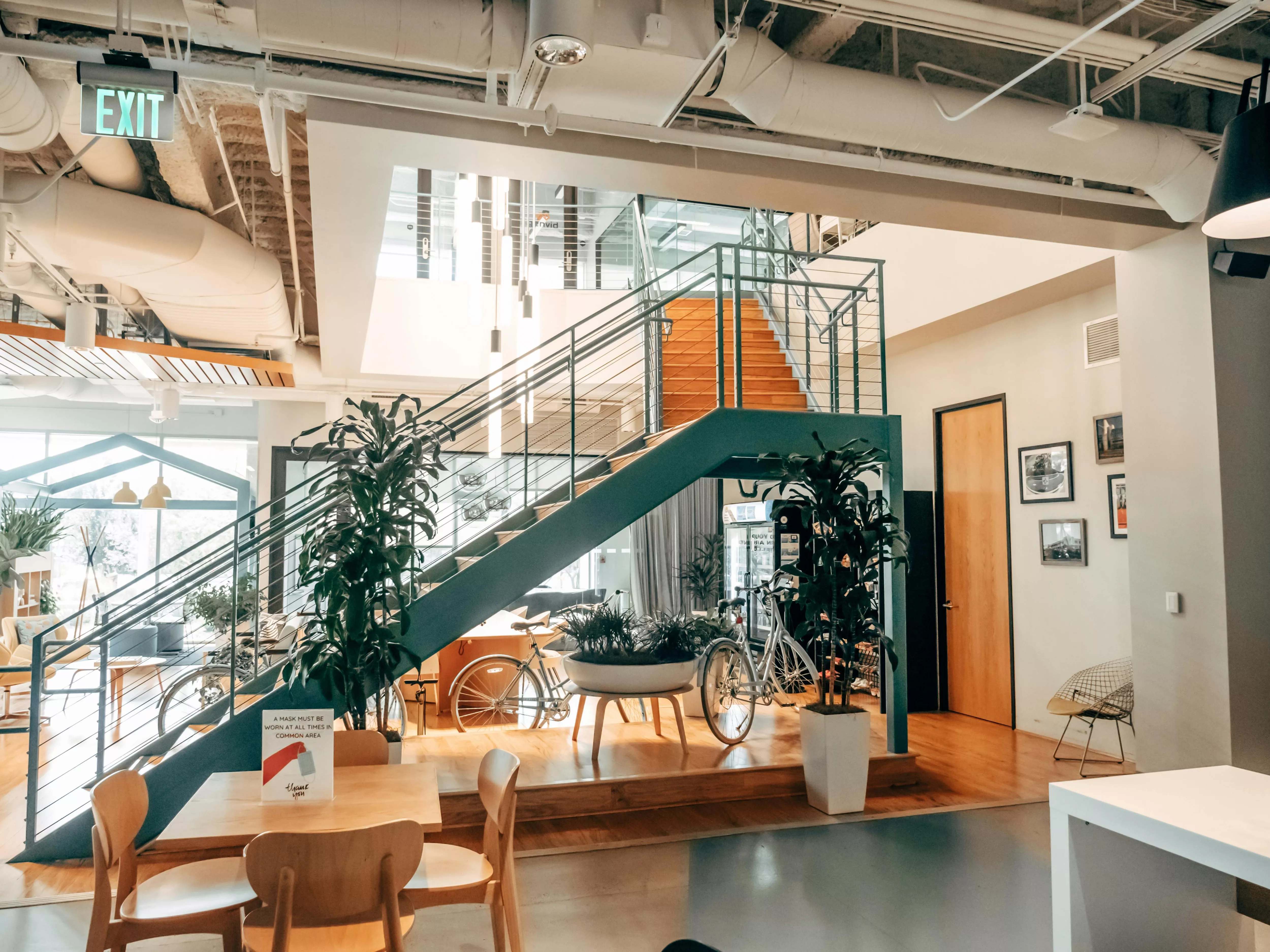The term "workplace 2.0" refers to a new, progressive approach to the traditional work environment. In this era of digital transformation and changing employee expectations, workplace 2.0 is becoming increasingly relevant. Let's explore what this modern workplace entails and why it is essential to future business success.
Definition of 'workplace 2.0'
Workplace 2.0 is a concept that encompasses an adaptive, technologically advanced and employee-centered approach to the work environment. It transcends physical space and incorporates culture, technology and policies that promote flexibility, collaboration and well-being.
Long live progress
Digital integration: the workplace 2.0 integrates digital tools to improve communication, collaboration and productivity. This includes cloud-based platforms, collaborative software and advanced data analytics.
Remote working: technology allows employees to work effectively from a distance, contributing to a flexible work culture.
Focus on flexibility
Wellbeing: Workplace 2.0 emphasizes employee well-being through flexible working hours, wellness programs and a supportive corporate culture.
Flexible arrangements: The ability to choose when and where to work is a core component of workplace 2.0, leading to better work-life balance.
Culture of innovation and ownership
Innovation culture: fostering creativity and innovation is a key element, with spaces and policies that promote out-of-the-box thinking.
Ownership: when employees - regardless of their position in the company - feel that their needs are recognized and their efforts are appreciated, they are more likely to feel "ownership" of their work and contribute to the success of the company.
The importance of the 'workplace 2.0'
Attract and retain talent: a modern workplace is attractive to talent, especially younger generations who value flexibility and technology.
Productivity and satisfaction: a work environment that supports well-being and flexibility leads to higher employee satisfaction and productivity.
Future-proof: workplace 2.0 enables companies to adapt to rapidly changing business and technology landscapes.
Conclusion
The transition to a workplace 2.0 is not a luxury, but a necessity for companies that want to thrive in the modern workforce. It is about creating a work environment that not only meets today's challenges, but is also prepared for the future.
Are you ready to make the move to a workplace 2.0 and want to know how? Download some handy e-books here so that you can already start transforming your salary package into its version 2.0!





